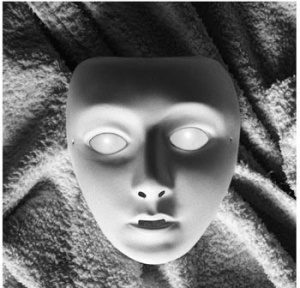 The dramatic or the dramatic genre is the one that represents an episode starring different characters who express themselves through dialogue.
The dramatic or the dramatic genre is the one that represents an episode starring different characters who express themselves through dialogue.
This genre had its origin in Ancient Greece and at the beginning these representations were linked to the cult of the Greek god Dionysus.
Dramatic comes from drama and corresponds to any literary or fictional creation in which an author or playwright develops an event in one or more episodes, with one or more characters and often in the presence of dialogue and dramatic actions. Most commonly, the drama genre is associated with theater and the performing arts. But one can also speak of drama in literary, cinematographic or other works.
The conditions inherent to this genre are its public representation in front of an audience, the live action that is witnessed by the viewer, the dialogue and the theatricalization through scenography, costumes, gestures and other accessory elements.
The forms within the dramatic genre are tragedy (recounts dramatic episodes that occurred to illustrious characters in order to produce compassion in the viewer), comedy (which uses comic elements and the ridicule of characters to provoke laughter) and the tragicomedy (mixture of both two).
The dramatic can also be classified in discursive forms such as dialogue, monologue, soliloquy and aside.
Through history, in addition, other theatrical forms have emerged, such as the appetizer, the farce, the melodrama and the didactic work.
On the other hand, dramatic or theatrical styles have also developed, such as the theater of the absurd, the existentialist, the surrealist, the realist, the epic, the social, the agitated, the cruel, the avant-garde or the experimental.
Many authors have excelled in this genre such as William Shakespeare, Bertolt Brecht and Arthur Miller.









